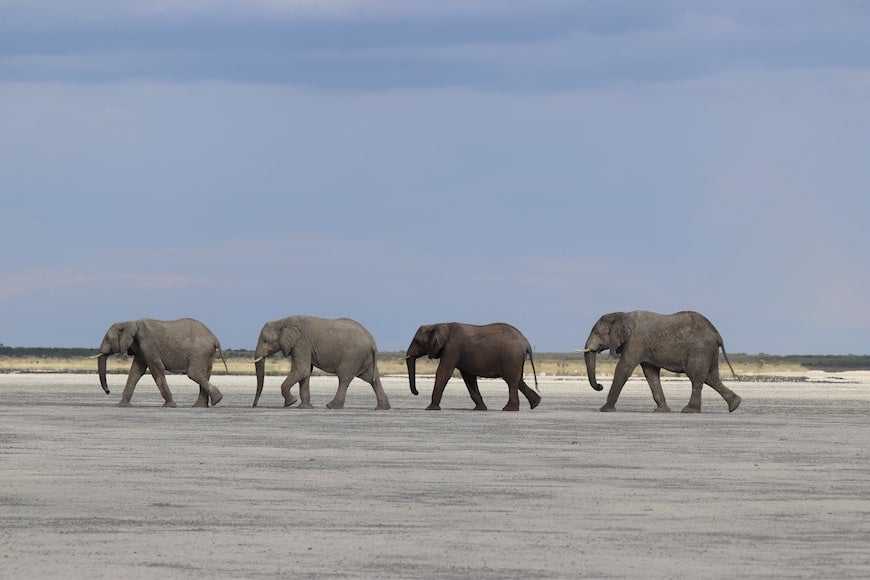Big donors urged to simplify funding for Africa’s grassroots conservation organisations
Locally led conservation NGOs are hamstrung by application processes and reporting requirements

By Keletso Thobega for Botswana Guardian
African-led conservation groups working directly with local communities are increasingly being recognised as key players in securing indigenous and community land rights, improving rural livelihoods, conserving nature, and addressing climate change.
This came from a recent report on conservation finance efforts dubbed, ‘Greening the Grassroots: Rethinking African Conservation Funding’.
The report indicates that addressing climate change, biodiversity, indigenous and community land rights, and fostering resilient livelihoods in rural communities across Africa, depends on action by community-based organisations, and this requires making it easier for these organisations to secure funding.
However, a recurring challenge is that many organisations are hamstrung by the way global conservation finance is set up, particularly with complex requirements and a preference to fund a few larger intermediary international organisations over smaller ones.
Globally, indigenous peoples and local community organisations receive less than one percent of all climate funding. African entities receive only 5 percent to 10 percent of private philanthropic funding invested in all of Africa.
Okavango Basin Programme Director at The Nature Conservancy, Sekgowa Motsumi, told this publication that it is important to invest in capacity building for local organisations to chisel their skills and expertise in proposal writing.
“We often have people who know what needs to be done but do not know how to compile the
data and package the proposal in a way that attracts funders. Those lucky to have access to funding platforms face cumbersome processes that are difficult to translate on the ground,” he said.
Motsumi said that the funding process requires time and effort to go through all the mechanisms, pointing out that it is not all community organisations that have access to funding from international bodies such as USAID and World Bank, among others.
“There is a need for simpler language for conservation organisations to access money, and also need to ensure that funding is bilateral with Government and the processes are streamlined to meet demands in communities.
“I have however noticed that some EU funding equips organisations with resources to build the capacity of local NGOs,” he said. He added that funding platforms should be intentional in their efforts to support local NGOs and ensure that organisations are capacitated to better engage donors.
Project manager at Botswana Network for Climate Change, Walter Sikalesele, said that competency is critical for locally based organisations, particularly those geared at community-based natural resource management.
“Community-based organisations are not up to the basics to meet the compliance requirements from funders and lack the capability and capacity to manage funds,” he said.
He explained that Botswana has good legislative tools and policies geared at ensuring the country reduces the impacts of climate change, which should back up efforts to improve access to funding, especially since Botswana is a party to the United Nations Framework Convention on Climate Change, and has developed its climate change policy, among other efforts.
“Botswana has submitted its Nationally Determined Contributions, a follow-up to the Paris Agreement in 2015, and needs to consider action-based research and devise people-based solutions.”
The report, from Maliasili and Synchronicity Earth, made recommendations on how to overcome barriers and challenges African grassroots conservation organisations face. They included providing more core support and longer-term finance, making processes simpler, and increasing direct funding of African grassroots groups.
This article is reproduced here as part of the African Conservation Journalism Programme, funded in Angola, Botswana, Mozambique, and Zimbabwe by USAID’s VukaNow: Activity. Implemented by the international conservation organization Space for Giants, it aims to expand the reach of conservation and environmental journalism in Africa, and bring more African voices into the international conservation debate.
Read the original story here:
Join our commenting forum
Join thought-provoking conversations, follow other Independent readers and see their replies
Comments
Bookmark popover
Removed from bookmarks